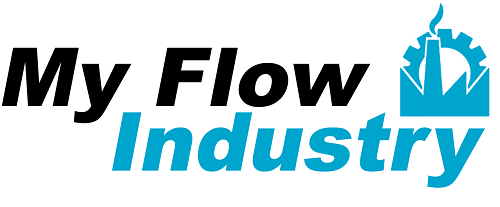
Homeowner associations (HOAs) are responsible for managing communities, setting rules and enforcing them, taking care of maintenance, and handling financial responsibilities. With so many tasks to juggle, it is crucial for an HOA to have a knowledgeable professional overseeing their financial matters, and this is where an HOA accountant comes into play. In this article, we will discuss the importance of having a certified public accountant (CPA) for your HOA and provide some guidance on how to find the right one for your association.
Discovering the Benefits of an HOA Accountant
Hiring a professional HOA accountant brings numerous benefits to your association. They offer specialized expertise in managing financial matters, ensuring that an HOA stays compliant with tax and financial regulations. This is a significant responsibility, as errors related to financial reporting or taxes can lead to fines, penalties, and legal issues.
A skilled CPA can also help in creating a budget plan, tracking expenses, and providing financial reports. This enables the HOA to make informed decisions regarding community improvements, maintenance projects, and financial investments. Having a qualified accountant reduces the risk of mismanaged funds and embezzlement within the association.
Finding the Right CPA for Your HOA
The process of finding an ideal CPA for your HOA involves research, reaching out to potential candidates, and comparing their skills and experience to your association’s needs. Follow these steps to help you in your quest to find the perfect HOA accountant:
1. Seek Referrals
Ask for recommendations from people you trust, such as other HOA board members, property managers, or residents within your community. You can also consult professional organizations to get a list of reputable CPAs who specialize in working with HOAs.
2. Conduct Interviews
Set up interviews with potential candidates to assess their qualifications and experience in handling the financial responsibilities of an HOA. Make sure to ask about their background, any specialized certifications they hold, and their knowledge of specific accounting matters related to your association.
3. Review Credentials
Verify the CPA’s credentials, ensuring that they are a licensed and certified public accountant in your state. Additionally, inquire about their professional affiliations, such as belonging to the American Institute of Certified Public Accountants (AICPA) or the National Association of Homeowners Associations (NAHOA).
4. Request References and Testimonials
Ask for references from their previous or current HOA clients, obtaining a sense of how well they meet the needs of their clients. Positive testimonials from satisfied HOAs can give you the confidence that you are making the right decision.
5. Compare Fees and Services
Finally, compare the fees and services of the candidates you have shortlisted. Make sure you have a clear understanding of their pricing structure and the scope of their services. This is an essential step in finding a cost-effective solution that matches your HOA’s needs without exceeding the budget.
To Wrap Up
Engaging a professional HOA accountant with the right credentials and experience can play a vital role in your association’s financial management and long-term success. By following these guidelines, you can ensure that you’ve thoroughly assessed potential candidates and found the best fit for your HOA. Remember, it’s never too late to seek professional assistance in managing your association’s finances and ensuring its compliance with financial regulations.
